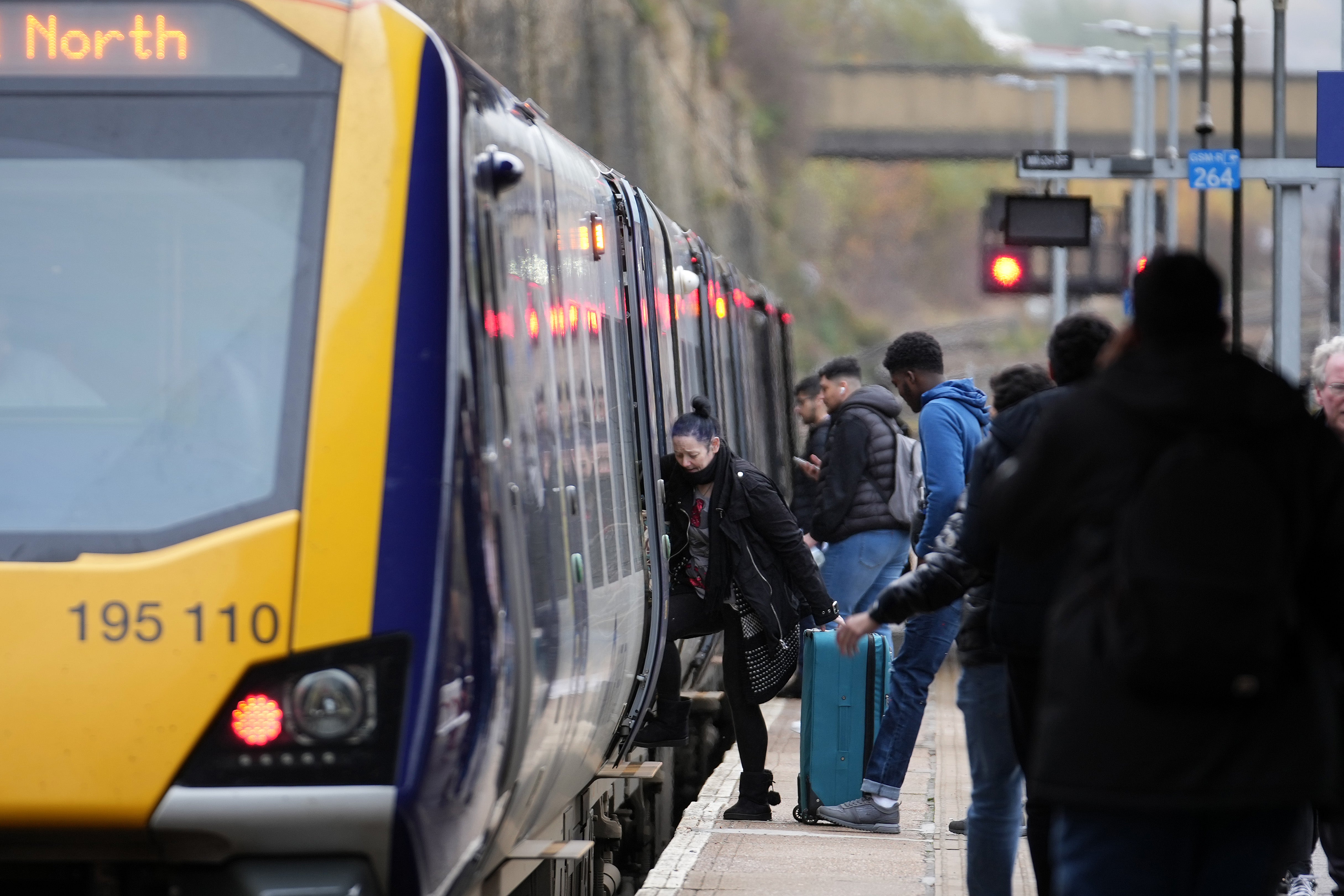The government's rail plan is called "the integrated rail review" because it was supposed work out how to integrate HS2 – a new north-south line – with Northern Powerhouse Rail – a new east-west line.
As it happens, the review did not answer that question: it simply recommended cutting crucial bits off both projects.
People with knowledge of the review process say that far from looking at how to plan a rational rail network, it became a battleground for Rishi Sunak's Treasury to clamp down on spending.
Despite Boris Johnson posing as the man who would “level up” his new Tory seats in the north, when push came to shove, it was that end of the country that saw its demands cut or scaled back.
The optics are this are superficially bad; they are even worse when you drill down into the details.
The government was happy to drop around £1bn on a tunnel under the Chiltern Hills in the south, to keep HS2 out of sight and mind of wealthy Tory voters. This was not in the original plan for the much-needed new line, but inserted to make the politics easier.
But similar sums of money could not be found to put Bradford, a city of over half a million people, on a high-speed line across the north. The citizens of Bradford might reasonably assume that the government would rather build a tunnel to nowhere than to their city.
The report is full of clues about the government's biases. On page 98 we are told that the different options for building Northern Powerhouse Rail, including the one the government went with, were “low to poor value for money” according to their cost-benefit analysis.
The obvious answer to this is: then your methodology is broken. Nobody seems to dispute that the rail service in the north is inadequate; the methodology for divvying up investment has let it become that way, and continuing to follow that approach is going keep it that way.
The government may have been encouraged in its decision by the fact that HS2 has not always been a popular project. It may sometimes have felt odd spending billions of pounds on something that provoked protest across the political spectrum and did not poll particularly well.
But this may not last. Many of high speed rail's most natural supporters were always unlikely to cheerlead for HS2, because it was being built by a Conservative government they frankly did not like for other reasons. A lot of antipathy to the project has always been skin deep, because the only things people had heard about were cutting down trees and rising costs.
But now that the government is no longer doing the eastern leg and has downgraded Northern Powerhouse Rail, it may quickly become more fashionable to say that they should have build them after all. And as the mayors of the north articulated well on Thursday, there are very good reasons indeed.





Join our commenting forum
Join thought-provoking conversations, follow other Independent readers and see their replies
Comments